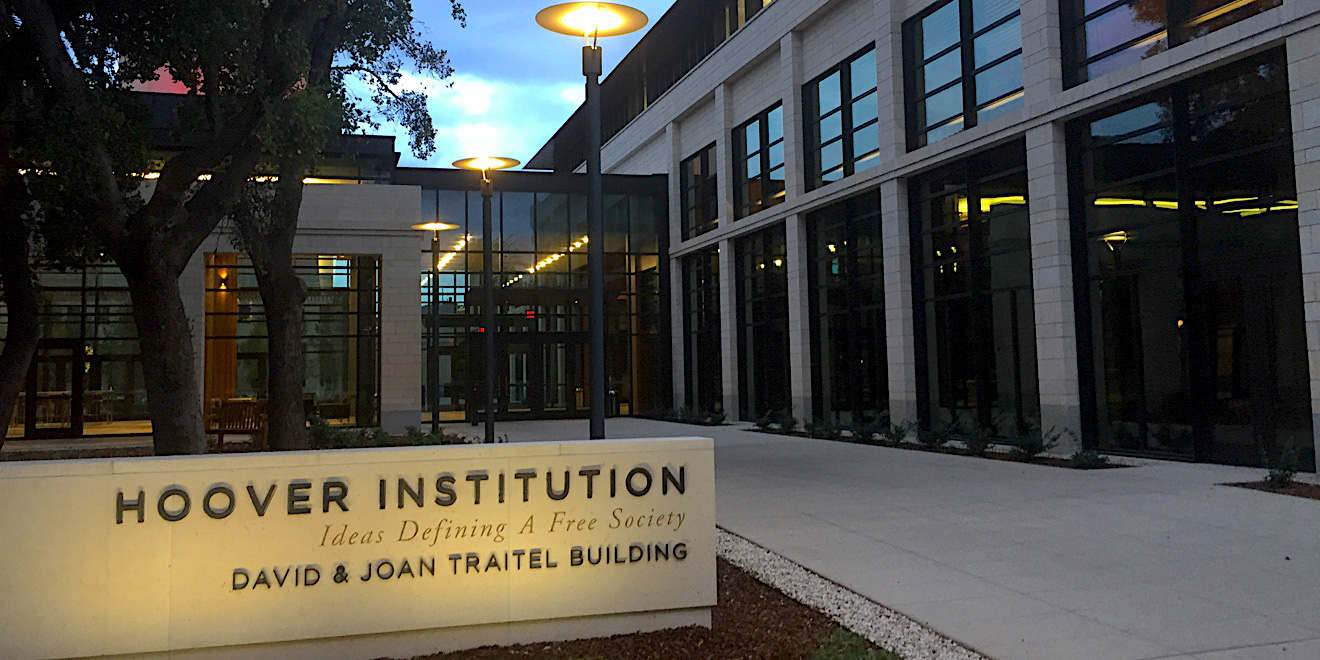Hoover Institution Senior Fellow Scott Atlas was appointed to be one of the Trump administration’s COVID advisors on Monday.
In the past, Atlas has advocated for the reopening of schools and claimed that COVID-19 lockdowns should be ended. These views are similar to Donald Trump’s rhetoric about reopening, which contrasts with advice from the current top advisors, Anthony Fauci and Deborah Birx.
“Scott is a very famous man who’s also very highly respected,” Trump said in a Monday coronavirus briefing where Atlas was introduced. “He’s working with us and will be working with us on the coronavirus. And he has many great ideas.”
Atlas has maintained that his approach to policy is grounded in facts and prioritizes rationality.
“Public policy is supposed to be taking into consideration not just stopping COVID-19 at all costs, but understanding the impact on people of what you do and what you say,” Atlas said. “We need to live in a rational world and show our children that we use critical thinking and there’s been a lot of sloppy thinking on this issue.”
Affiliates of the Hoover Institution have come under fire multiple times for their “contrarian COVID-19 views,” most notably for a piece written by Richard Epstein in March that influenced the Trump administration’s initial response to the pandemic.
Atlas previously expressed his views surrounding government policy towards quarantine and the reopening of the educational institutions in opinion articles for various outlets.
In an opinion piece he wrote for The Hill, Atlas argued that the “overwhelming majority of people do not have any significant risk of dying from COVID-19.” Atlas cited a Stanford antibody study to show that the fatality rate was far “lower than previous estimates.” Earlier this year, the same study was subject to heavy criticism related to incorrect statistical methods and sampling bias.
Atlas also contended in his piece that isolation policies are counterintuitive to the goal of building herd immunity.
However, researchers and scientists have called into question the feasibility of attaining herd immunity on multiple occasions. Without a vaccine it is unlikely that the U.S. will reach the estimated herd immunity threshold of 50 to 80 percent of people infected, according to some experts who cite countries like the U.K. and Sweden that failed to reach herd immunity through community transmission.
More recently, Atlas co-wrote an opinion for The Hill with a Harvard education reform scholar, Paul E. Peterson, that advocated for the reopening of schools with few restrictions.
In their opinion, masks, time-consuming extensive sanitation, hybrid schedules and social distancing “are contrary to science and defy logic — assuming the priority of schools is educating children.”
Emphasizing the economic importance of education, the authors highlighted its place at the top of national priorities. According to them, the U.S. is “alone among our peer nations in this willingness to sacrifice our children out of fear and hysteria” and needs to “step up and open schools, in-person.”
At the Hoover Institution, Atlas is a member of the Health Care Policy working group and a co-chair of the Socialism and Free Market Capitalism: The Prosperity Project Initiative.
From 1998 to 2012, he served as a professor of radiology and chief of neuroradiology at the University’s Medical Center. At the time, his research focus included advances in Magnetic Resonance Imaging of the brain and similar technology-based developments.
Contact Anastasiia Malenko at malenk0 ‘at’ stanford.edu and Ujwal Srivastava at ujwal ‘at’ stanford.edu.
